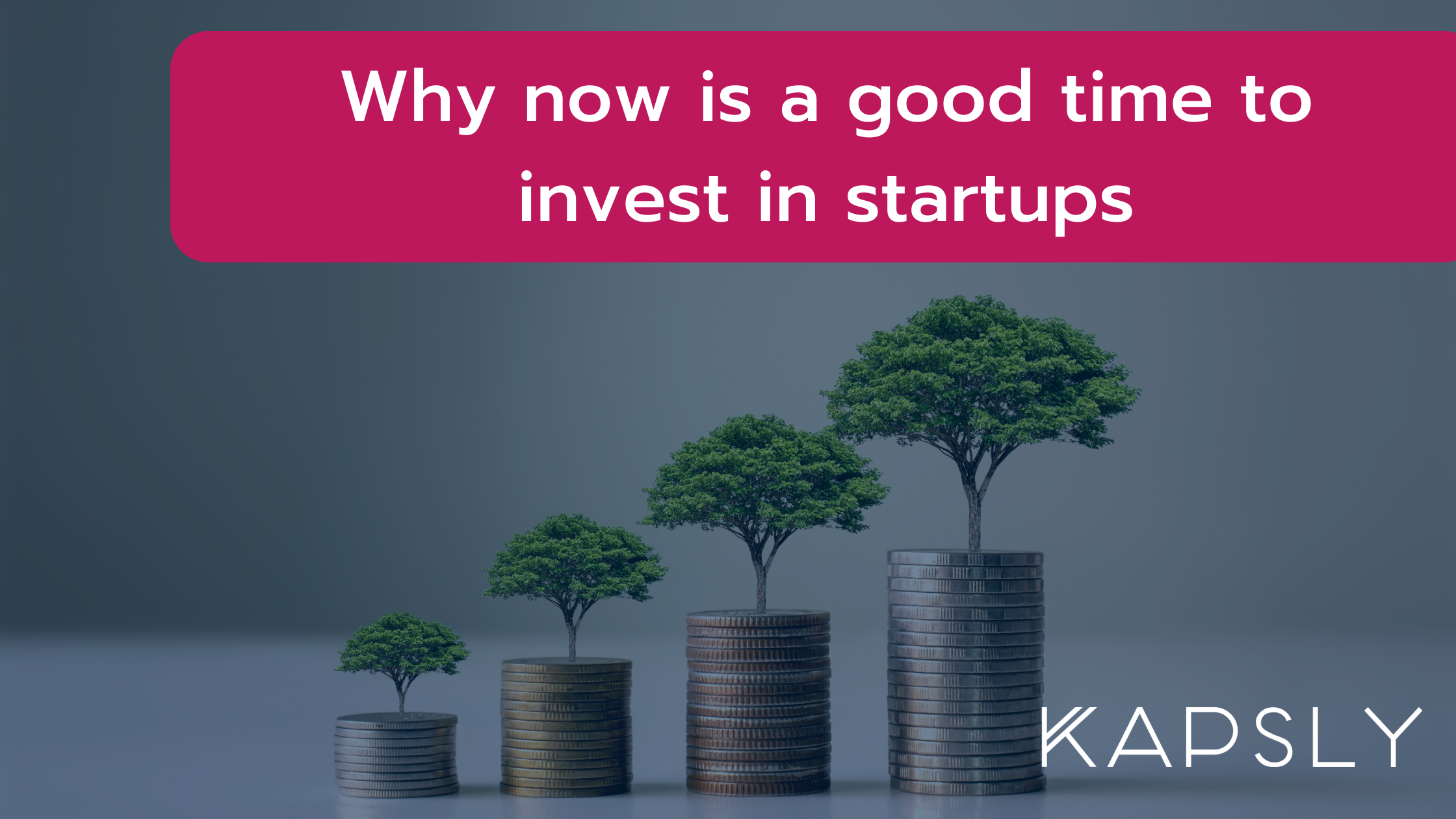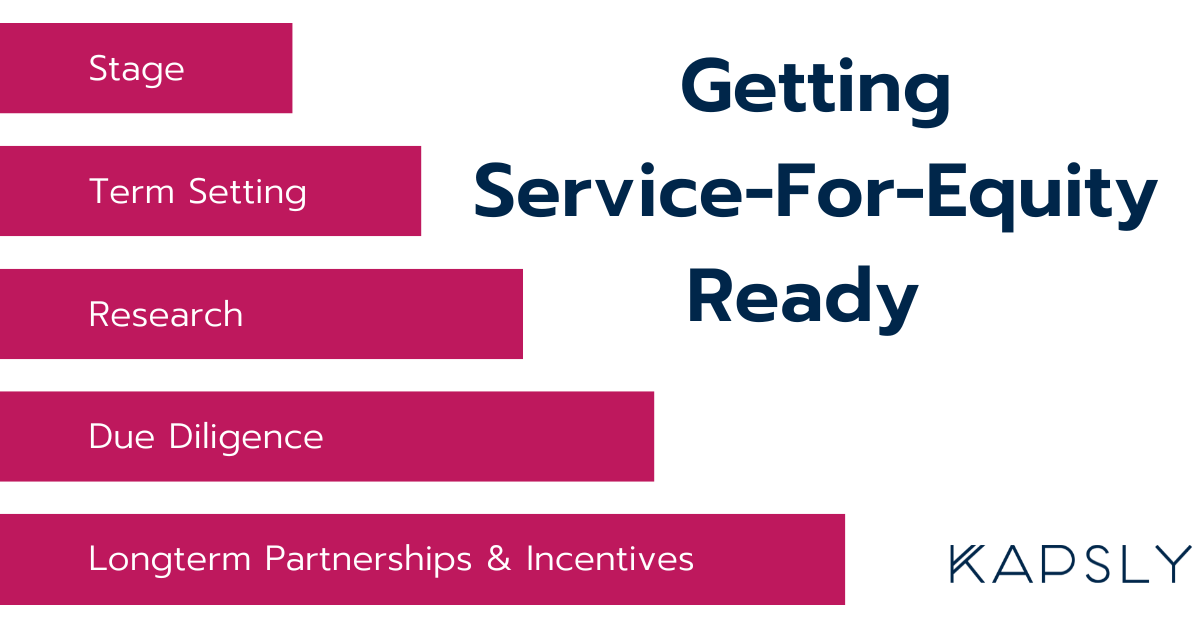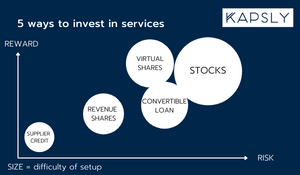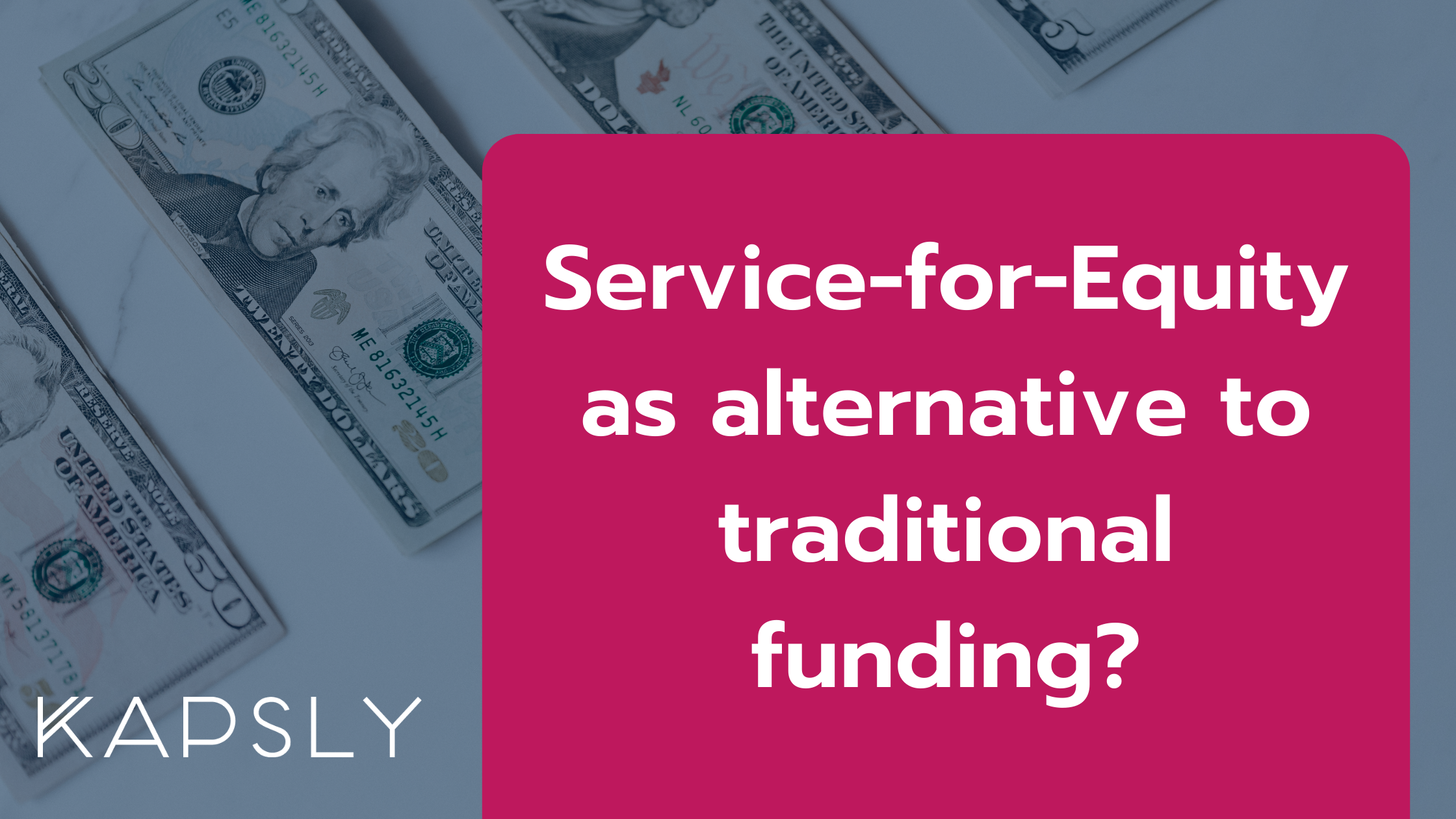Why Many HealthTech Founders Are Overcoached And How To Stop It
The journey of a HealthTech founder is an exciting and challenging one. As they navigate the complex landscape of healthcare innovation, they often seek guidance and support from mentors, advisors, and coaches. While mentorship and coaching are incredibly valuable, there is a growing concern that many HealthTech founders might be overcoached.











